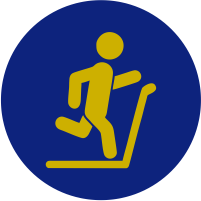Lateral Collateral Ligament Injury (LCL)
What Is Lateral Collateral Ligament Injury (LCL)?
The lateral collateral ligament (LCL) is one of the four knee ligaments. It spans the distance from the end of the femur (thigh bone) to the top of the fibula (thin, outer, lower leg bone) and is on the outside of the knee.
What Causes Lateral Collateral Ligament Injury (LCL)?
The lateral collateral ligament resists widening of the outside of the joint. A lateral collateral ligament injury happens from a direct force from the side of the knee, causing moderate to severe knee pain and ligament injury which often leads to knee surgery.
What Are The Symptoms of Lateral Collateral Ligament Injury (LCL)?
Symptoms of a tear in the lateral collateral ligament are:
- Knee swelling
- Locking or catching of the knee with movement
- Pain or tenderness along the outside of the knee
- Knee gives way, or feels like it is going to give way, when it is active or stressed in a certain way
What Are The Treatment Options For Lateral Collateral Ligament Injury (LCL)?
Nonsurgical Treatment
Ice. Icing your injury is important in the healing process. The proper way to ice an injury is to use crushed ice directly to the injured area for 15 to 20 minutes at a time, with at least 1 hour between icing sessions. Chemical cold products (“blue” ice) should not be placed directly on the skin and are not as effective.
Bracing. Your knee must be protected from the same sideways force that caused the injury. You may need to change your daily activities to avoid risky movements. Your doctor may recommend a brace to protect the injured ligament from stress. To further protect your knee, you may be given crutches to keep you from putting weight on your leg.
Physical therapy. Your doctor may suggest strengthening exercises. Specific exercises will restore function to your knee and strengthen the leg muscles that support it.
Surgical Treatment
Some isolated collateral ligament injuries can be successfully treated without surgery. If the collateral ligament is torn in such a way that it cannot heal or is associated with other ligament injuries, your doctor may suggest surgery to repair it.
Our team is here for you
We offer the best, least invasive and least aggressive options to relieve your pain and symptoms so you can get back to the life you love. Atlantic Orthopaedic Specialists Joint Replacement Care Center has convenient locations in Virginia Beach, Norfolk and Chesapeake.




